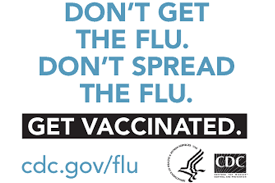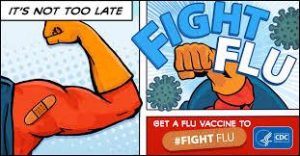Health care with no heart
Sadly – these cuts will not be the exception – they will become the norm.
Please understand that this IS the Minister of Health’s plan. His focus is reorganization, cost-saving and “efficiency” – NOT care – and definitely not care for all.
Remember Bill 10? In its own words: “This bill modifies the organization and governance of the health and social services network…in order to facilitate and simplify public access to services, improve the quality and safety of health care and make the network more efficient and effective.”
“The bill establishes a new system of governance for the regional and supraregional institutions by specifying, among other elements, the composition of their boards of directors… appointed by the Minister of Health and Social Services.”
“The Minister is granted new powers…in particular the power to prescribe rules relating to their organizational structure and management and the power to work with the general management in cases of actions incompatible with the rules of sound management….”
Bill 10 passed in February 2015, abolishing the Board of Directors of individual health institutions and organizations (including the Jewish General, Mount Sinai, Mackay, etc). They were replaced by the CIUSSS, a supraregional agency, led by a team handpicked by the Minister of Health.
In the words of former Liberal MNA, Clifford Lincoln: “It’s such a huge reorganization of the health system that it buries the individual, it buries the client, it buries the patient, it buries the individual institutions and their boards into one, big, mega-reorganized system.”
This is why it should come as no surprise that Francine Dupuis, associate CEO of the CIUSSS West-Central Montreal, justifies the cuts because Miriam Home and Services has “not properly managing its day program for years.”
How has the Miriam Home failed? After all, its purpose is “to ensure that persons with intellectual disabilities be seen and treated as persons, experience love and friendship, experience continuity in their lives, be afforded personal security, be adaptively cared for, be treated with respect and dignity, have access to opportunities to make choices and exercise their rights, learn skills, be given means to compensate for their deficiencies and disabilities, have a decent and appropriate place to live, have a meaningful employment or occupation and have life-long opportunities for growth.”
Apparently not anymore. Dr. Barrette now determines every institution’s purpose – and to quote Francine Dupuis, the “Ministry of Health and Social Services has made it very clear it will no longer allow Miriam Home to provide rehabilitation services to clients whose condition can’t improve.”
The CIUSSS does NOT share the same vision as Miriam Home. The CIUSSS aims to “ensure real integration of services provided to the population.” Its “values” include: commitment to our clientele, collaboration, transparency, courage, respect and innovation.” The list does NOT include Miriam Home qualities like respect, dignity, access, meaning or growth.
Regrettably, we have a health system that promotes efficiency over care and selects services based on risk–return tradeoff. Today we are cutting services for apparently “babysitting” adults with intellectual and developmental deficits. After all, the CIUSSS had determined that they “take too many medications.” Apparently, quality of life, maintaining care, choices, personal security, don’t matter anymore.
Who can we cut next? Children with disabilities? Frail elderly? Palliative patients? Drug addicts? Alcoholics? Do they have good prospects for improvement? What is their cost-benefit?
We have a commitment to care for all. No one said health care was cheap – but common sense and dignity are still free!


